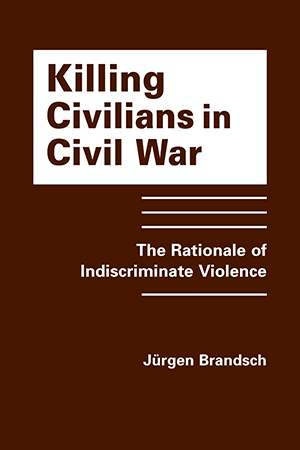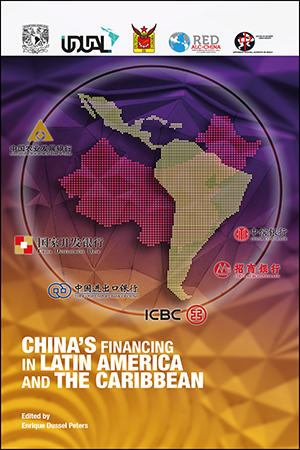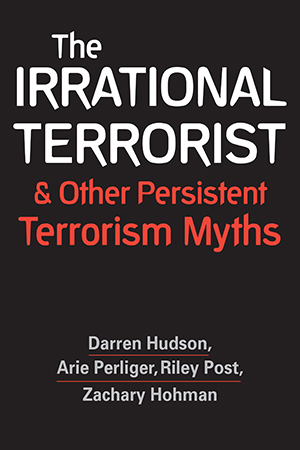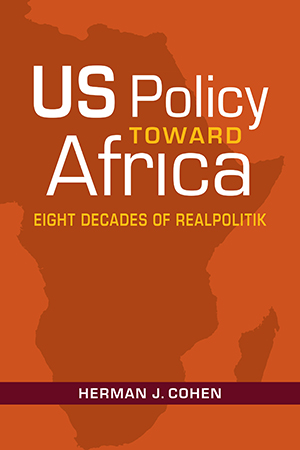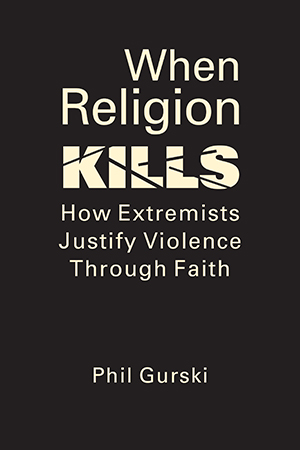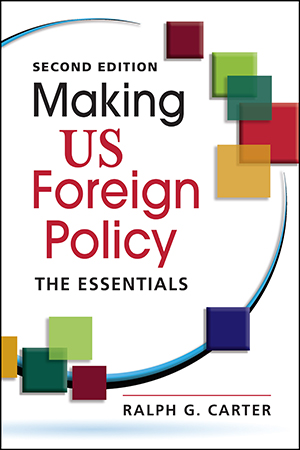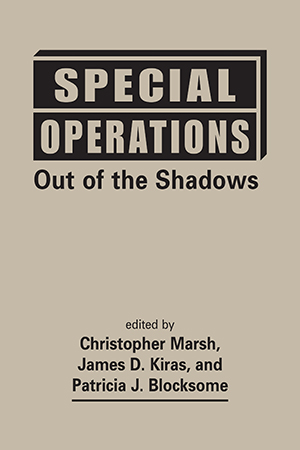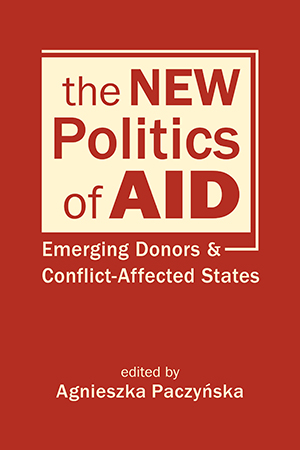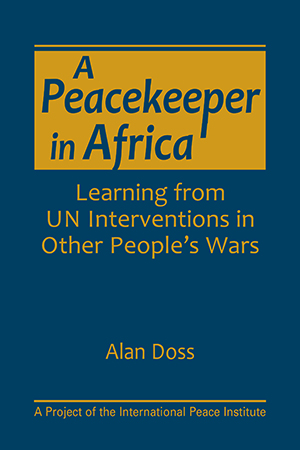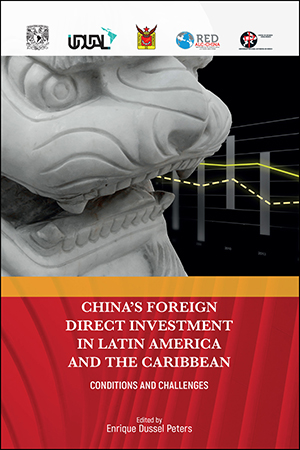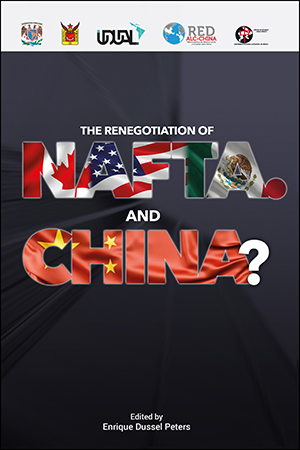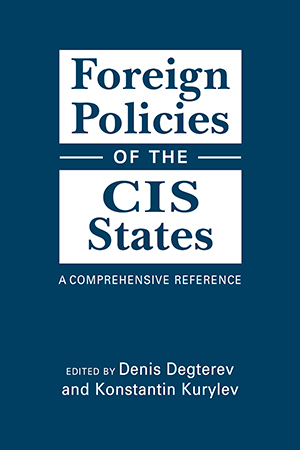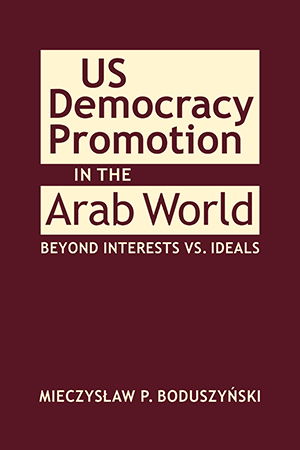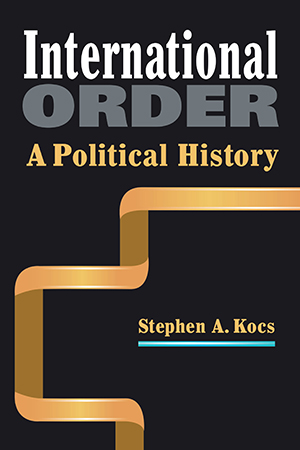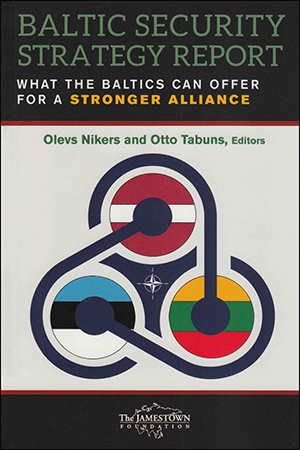International Relations (all books)
Conventional wisdom tells us that targeting civilians in civil wars makes little sense as a combat strategy. Yet, the indiscriminate violence continues. Why? To tackle this vexing More >
Over the first two decades of the twenty-first century, China has become not only the world's largest economy, but also its largest exporter, a major importer, and the second largest More >
Opinion surveys show that what the public assumes it knows about terrorism is at best a badly distorted view. Recalling the "Flat Earth" phenomenon, early misconceptions have More >
Herman Cohen draws on both the documentary record and his years of on-the-ground experience to provide a uniquely comprehensive survey and interpretation of nearly eight decades of US policy More >
Christian fundamentalists. Hindu nationalists. Islamic jihadists. Buddhist militants. Jewish extremists. Members of these and other religious groups have committed horrific acts of terrorist More >
Whether your approach to teaching US foreign policy is thematic, historical, case-study oriented, regional, or perhaps a blend of several approaches, Making US Foreign Policy: The Essentials More >
Why have special operations forces become a key strategic tool in the conduct of modern warfare? How do these specially trained and equipped elite units function? What types of missions do More >
How do emerging donors conceptualize the relationship between security and development? How, and why, do the policies they pursue in conflict-affected states differ from the liberal More >
Alan Doss offers a rare window into the real world of UN peacekeeping missions in Côte d'Ivoire, Liberia, Sierra Leone, and the Democratic Republic of Congo. Doss's story is More >
In recent years, China's explosive outflow of foreign direct investment (FDI) globally can be measured in the hundreds of billions of dollars, with close to 10 billion of that going each More >
After more than a year of negotiations, the differences between NAFTA and the new United States–Mexico–Canada agreement (USMCA) are minor—especially considering the initial More >
How do the former Soviet republics that now constitute the Commonwealth of Independent States (CIS) interact with each other and with other regional and world powers? What are the conceptual More >
Whether democracy promotion should play a role in US foreign policy continues to be a subject of considerable debate, perhaps nowhere more than with regard to the Arab World. But looking More >
Where does international order come from? How is it established and maintained? Why does it break down? With every sovereign state its own master, how can order prevail? Answering these More >
This in-depth security review of Estonia, Latvia, and Lithuania assesses current challenges pertaining to defense and deterrence, societal security and resilience, economic security, and More >



